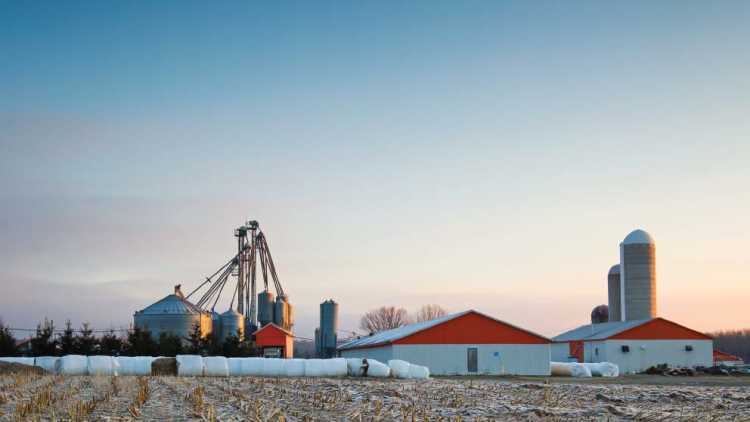Should more farms incorporate? 3 experts weigh in

Statistics show the number of family corporation farms in Canada remains steady. We asked three experts to weigh in on the advice they would offer farmers on incorporating their farm operations.
Based on your experience, should more farms consider incorporation?

Business Strategist and Certified Management Consultant
Don’t do it just because everybody else is. It needs to make sense for your business - from the way you operate to how you manage finances, taxes and family.
Just because a business structure makes sense from a tax perspective doesn’t always make sense from an operational perspective. The decision on what business structure to take is multifaceted. It needs to consider tax, profitability and finance and operational perspectives.
The advantages are the small business tax limit and the ability to distribute income among the owners in a favourable way. Lenders will also have a less difficult job adjudicating credit for a corporation over some other business structures.
All my clients are incorporated, and I’m seeing an uptake in them adding another corporate entity to their business holdings for the purposes of tax planning, organizational planning, succession planning, etc.

Co-founder and director of strategic change, Loft32, Durham, Ont.
Is incorporating a good idea? It’s a decision that combines farm tax planning with cash flow and growth strategies. However, it starts with understanding income tax rates.
Basically, small business corporations in Canada pay significantly lower income tax rates than individuals in higher personal income tax brackets. So, if your farm’s profits in a sole proprietorship or partnership are attracting high personal tax rates, it might be a good time to incorporate. Or, if your family has significant off-farm income, it might be a good idea to incorporate.
Strategically, it might work well for a farm to pay the lower small business corporate tax rates and keep the extra money in the farm corporation to invest for the farm’s future or pay down debt.
This means the farm is investing with money taxed at a lower rate — about 40% lower — and essentially giving the farm corporation 40% more buying power. In Ontario, the top personal income tax rate is 53% whereas, the corporate tax rate is about 12% on the first $500,000 in farm income, so a farm corporation is paying 41% lower income tax. Tax rates vary by province.
In general, it might not make sense to incorporate yet if you use all the profits from your farm to pay yourself or have an off-farm job that supplements the farm income. However, if you have money left over at the end of every year that you want to reinvest in your farm, have a strong off-farm income stream or have successors in the wings, there are some strong tax and strategic reasons to consider incorporating.
Also, a well-formulated share structure can give more options for estate and transition planning. Furthermore, some government benefits and programs are only for small business corporations.
However, a corporation is more costly to set up initially and has higher costs for filing income taxes and updating legal documentation yearly.
Anecdotally, I believe more and more Canadian farmers have incorporated their farms as their incomes, business complexity, and values increased. It’s a discussion you should have with your trusted accountant.

Executive Director, Farm Management Canada, Ottawa, Ont.
From our experience, moving away from a sole proprietorship helps ensure everyone involved in the farm business is appropriately recognized for their roles and contributions and suitably remunerated.
From a planning standpoint, typically, we see an increase in the adoption of farm business HR management practices as farms move from sole proprietorships to partnerships and incorporation. Perhaps this is linked to more individuals getting involved in farm ownership and wanting a fair return on investment.
Transition planning is also better supported by farm structures that allow financial assets and ownership to be transferred over time. We recommend farmers seek the advice of financial planning and tax experts and consider all the factors before deciding to incorporate.
From personal observation, I think the rise in farm incorporations has to do with farm transition and utilizing the capital gains exemption to transfer farm ownership from one generation to the next.
Ready to incorporate? In this case study, one couple takes their questions about farm incorporation to their advisor.

Farm insurance is an essential tool to help protect your business and keep the operation running, even when a crisis hits.
